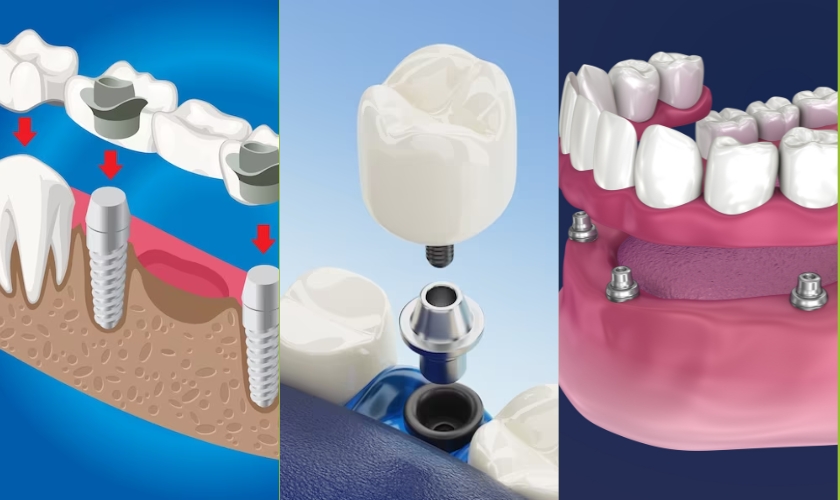
Getting Braces After Having Dental Implant Surgery: What You Need to Know
Dental implants are a great way to replace missing teeth and restore your smile. However dental implant surgery can be expensive, and the healing process may take several months or even years. So, if you’re considering getting braces after dental implant surgery, it is important to understand the requirements and risks associated with this type of dental treatment. This article will provide an overview of what you need to know when considering whether to get braces after having dental implant surgery.
Dental implants offer a powerful solution for restoring dental health and enhancing overall quality of life. This transformative treatment can be life-changing for individuals who have lost teeth due to various factors such as injury, decay, or other causes. However, it’s important to note that dental implants can be costly, and the healing process can vary in duration, ranging from several months to even a few years depending on the specific implant used. It is crucial to fully comprehend the requirements and potential risks associated with braces following dental implant treatment before making any decisions.
Benefits of Getting Braces After Dental Implant Surgery
The primary benefit of getting braces after undergoing dental implant procedures is that it can aid in preventing the shifting or misalignment of your dental implants over time. Braces also play a crucial role in ensuring optimal dental health by promoting proper alignment, thus enhancing the aesthetics of your smile. Furthermore, braces can help minimize the risk of dental implant failure caused by excessive biting forces on the implant sites.
Types of Braces Available for Use After Dental Implant Surgery
Various braces are available after dental implant surgery, including traditional metal braces and clear aligners like Invisalign®. Traditional metal braces are often used when dental implants need more significant correction as they provide greater control over their alignment. Invisalign® is a newer type of clear aligner that is becoming increasingly popular due to its discreetness and ease of use. It can also be used more quickly than traditional metal braces and may require fewer dental visits for adjustments.
Risks Associated with Getting Braces After Having Dental Implant Surgery
As with any dental treatment, there are some risks associated with getting braces after undergoing a procedure for dental implant placement. One common risk is the potential for the dental implants to become dislodged or damaged during the adjustment phase. Moreover, if not properly managed by your orthodontist, excessive biting forces on the dental implants could lead to premature failure. Lastly, it’s important to consider the potentially higher cost of dental implant surgery if braces are chosen.
Conclusion
Getting braces after dental implant surgery can be a great way to ensure optimal dental health and aesthetics and prevent dental implant failure due to excessive biting forces on the dental implant sites. However, it’s important to understand the risks of this type of dental treatment before making any decisions. Be sure to consult your dentist or orthodontist for more information about getting braces after dental implant surgery.
FAQs
The primary benefit of getting braces after dental implant surgery is that it can help prevent dental implants from shifting or becoming misaligned over time. Braces can also help ensure that you maintain optimal dental health by ensuring proper alignment, and they can even improve the aesthetics of your smile. Additionally, braces may help reduce the likelihood of dental implant failure due to excessive biting forces on the dental implant sites.
Various braces are available after dental implant surgery, including traditional metal braces and clear aligners like Invisalign®. Traditional metal braces are often used when dental implants need more significant correction as they provide greater control over their alignment. Invisalign® is a newer type of clear aligner that is becoming increasingly popular due to its discreetness and ease of use.
As with any tooth treatment, some risks are associated with getting braces after dental implant surgery. The most common risk is that the implanted teeth may become dislodged or damaged during the adjustment process. Additionally, excessive biting forces on the implants could cause them to fail prematurely if not properly managed by your orthodontist. Finally, it is important to remember that dental implants can be expensive, and the cost of undergoing implant surgery may be significantly higher if you choose to get braces.





